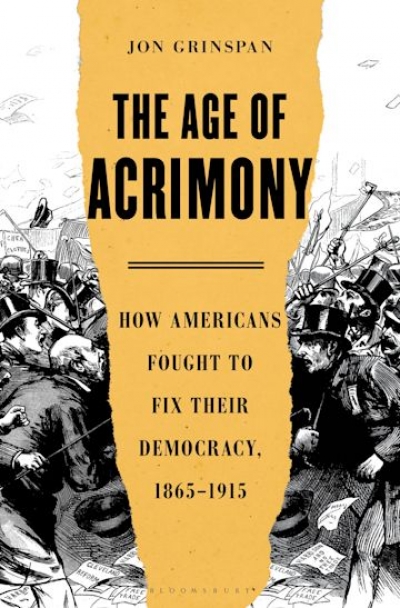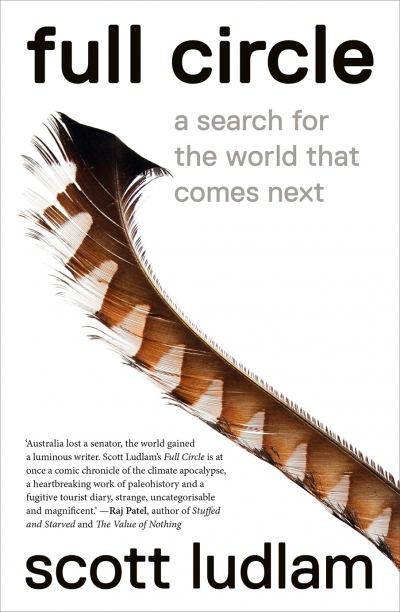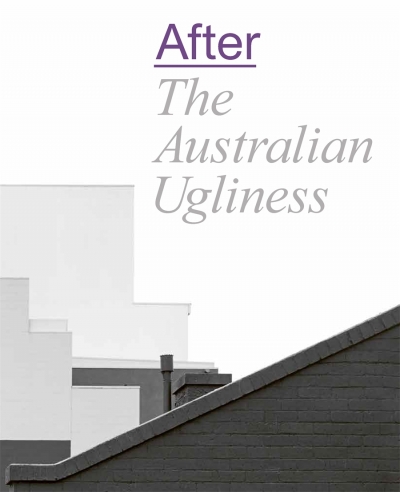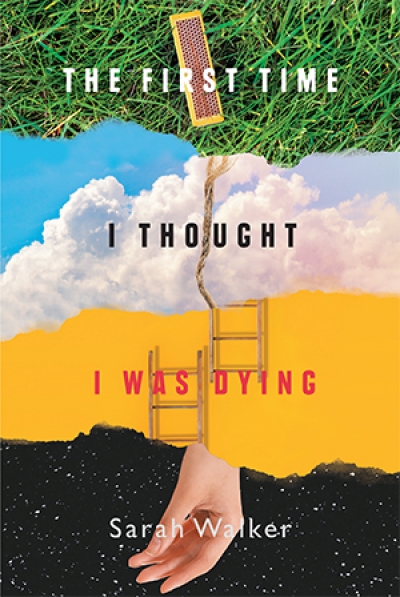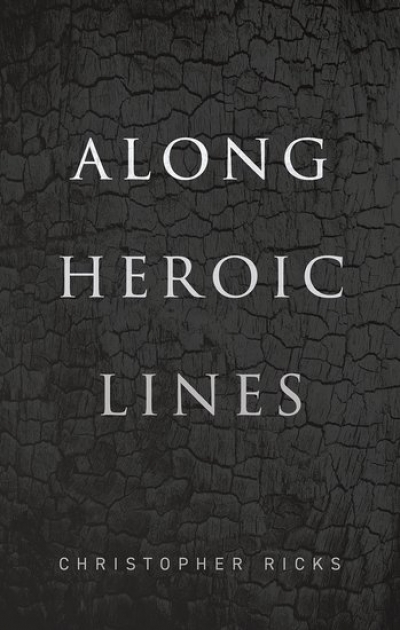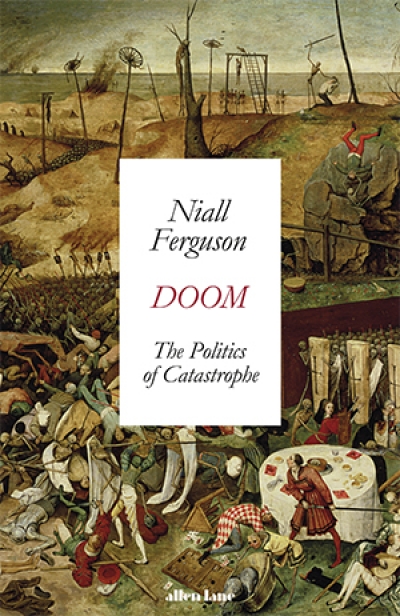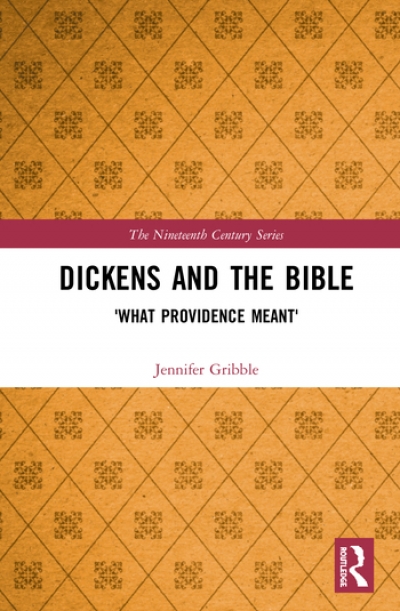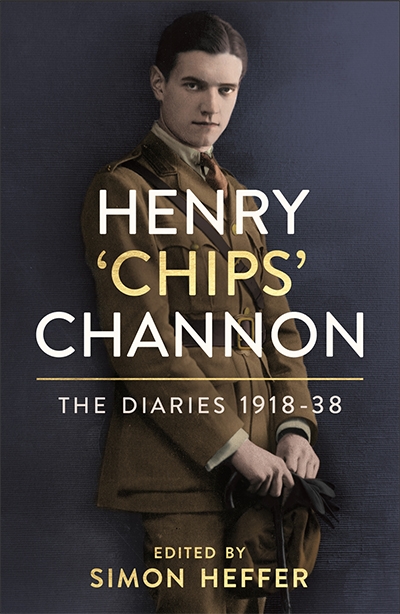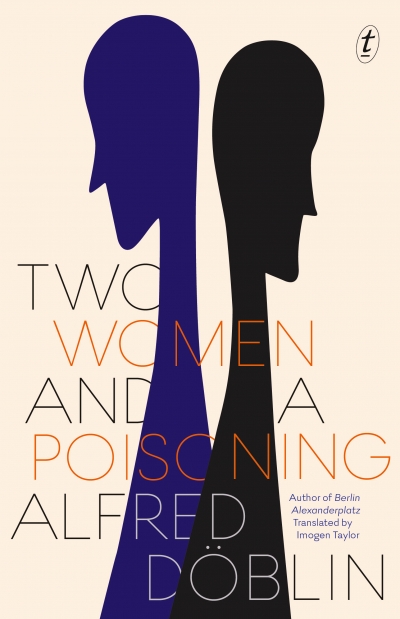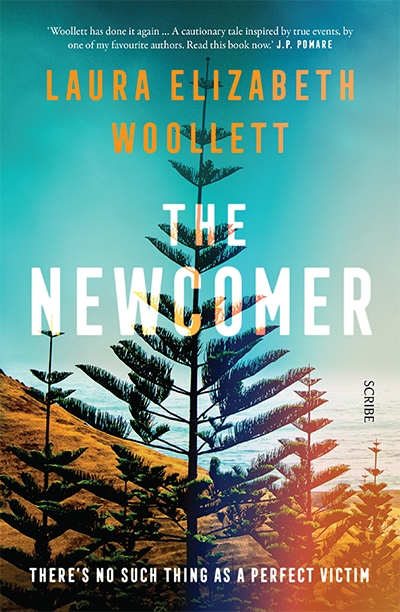VIC contributor
The Age of Acrimony: How Americans fought to fix their democracy, 1865–1915 by Jon Grinspan
by Samuel Watts •
Full Circle: A search for the world that comes next by Scott Ludlam
by Dominic Kelly •
After The Australian Ugliness edited by Naomi Stead, Tom Lee, Ewan McEoin, and Megan Patty
by Jim Davidson •
Dickens and the Bible: ‘What providence meant’ by Jennifer Gribble
by Alan Dilnot •
Two Women and a Poisoning by Alfred Döblin, translated by Imogen Taylor
by Joachim Redner •

